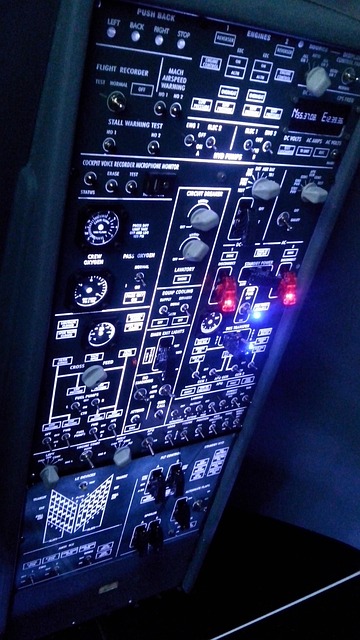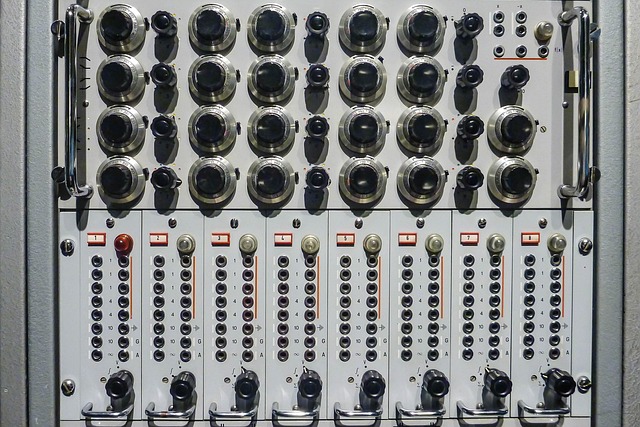Strange hissing noises and pungent smells from your Englewood chimney, especially around dawn or dusk, likely indicate a skunk infestation. Skunks are curious climbers who leave greasy smudges as signs of their presence. To safely resolve this issue, contact wildlife control professionals specializing in skunk relocation. Experts conduct thorough inspections, use non-lethal trapping methods, and employ suitable equipment for humane skunk handling and transport. Proactive measures like sealing entry points, capping chimneys, trimming trees, securely storing food, and using natural repellents can prevent future intrusions. If a skunk is encountered inside, professionals should be contacted for safe removal and advice on "What animal is making noise in my Englewood chimney?"
Are you disturbed by strange noises coming from your Englewood chimney, wondering, “What animal is making this ruckus?” Don’t worry, it might be a skunk! Skunks are known for their unique scent and nocturnal behavior. If you’ve heard tapping or scurrying sounds, our article provides expert guidance on identifying and safely relocating these creatures. We’ll walk you through the process, from understanding skunk behavior to preventing future visits, ensuring your home remains skunk-free.
- Identifying Skunks: Understanding the Noise and Behavior in Your Englewood Chimney
- The Art of Skunk Relocation: Expert Strategies for Safe and Humane Removal
- Preventing Future Intrusions: Tips for Keeping Skunks Out of Your Home
Identifying Skunks: Understanding the Noise and Behavior in Your Englewood Chimney

If you’re hearing strange, pungent-smelling noises coming from your Englewood chimney, it could very well be a skunk. Skunks are known for their distinctive hissing and spray as a defense mechanism, often indicating they’ve taken up residence in your chimney or vent. Understanding their behavior is crucial when identifying a skunk infestation. They tend to be most active at dawn and dusk, so if you hear noises during these times, it’s a strong indicator of a skunk presence.
Skunks are also curious creatures and may venture out from their hiding places to explore, leaving behind tracks or signs of their presence. Look for greasy smudges on walls or the distinctive scent of skunk spray, which can linger for days. If you suspect what’s making noise in your Englewood chimney is a skunk, it’s important to contact wildlife control professionals who specialize in skunk relocation to ensure safe and humane handling of the situation.
The Art of Skunk Relocation: Expert Strategies for Safe and Humane Removal

When you hear strange noises coming from your Englewood chimney, the first question to ask is, “What animal is making this noise?” If it’s a skunk, you’ll need expert help for safe and humane relocation. Skunks are not only known for their pungent spray but also for their ability to climb and nest in unexpected places like chimneys.
Relocation experts employ specialized strategies tailored to skunks’ behavior and needs. They begin with a thorough inspection of the chimney and surrounding area, identifying entry points and signs of occupancy. Next, they use gentle, non-lethal methods to trap the skunk, ensuring its safety and minimizing stress. Once captured, skilled handlers carefully remove the animal from the structure, often with the aid of specialized equipment designed for safe handling and transport.
Preventing Future Intrusions: Tips for Keeping Skunks Out of Your Home

If you’ve encountered a skunk in your Englewood home, particularly in places like chimneys, it’s crucial to address the situation humanely and prevent future intrusions. Skunks are attracted to spaces that provide shelter and easy access to food sources, such as insects and small animals. To keep them at bay, start by sealing any potential entry points around your property, including gaps in doors, windows, and vents. Ensure your chimney is properly capped and maintained to deter skunks and other wildlife from making it their den.
Regularly trimming trees and shrubs near your home can also help reduce habitat availability. Additionally, keeping food securely stored and pet food stations clean will minimize attractants. If you frequently spot skunks in your yard, consider using natural repellents like citrus scents or garlic, which can be effective without causing harm. Remember, if you do encounter a skunk inside, it’s best to contact wildlife control professionals who can safely relocate the animal and provide advice on preventing future visits. So, if you’re wondering, “What animal is making noise in my Englewood chimney?” the answer might be a skunk, and taking proactive steps will keep them from returning.
If you’ve been dealing with a skunk infestation in your Englewood chimney, now you have the knowledge to identify and address the problem. From understanding skunk behavior to employing expert relocation techniques and preventing future visits, you’re equipped to handle these mischievous critters humanely and effectively. Remember, when it comes to wildlife control, professional expertise can make all the difference, ensuring both the safety of your home and the well-being of the animals. So, if you ever find yourself wondering, “What animal is making noise in my Englewood chimney?” you’ll know exactly who to call for reliable and compassionate assistance.
